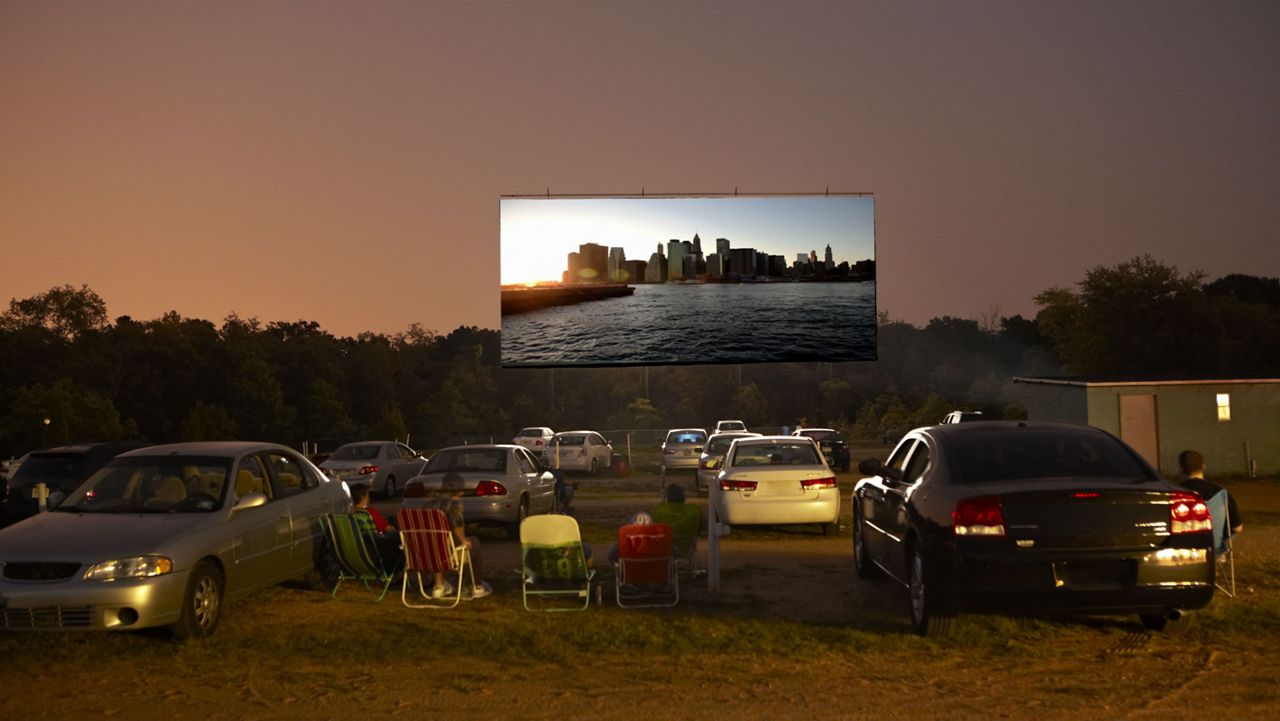AUSTIN, Texas — Austin-based screenwriter and journalist Andrew Logan is staying busy, doing what he can during the Writers Guild of America strike.
“Everything that you see on screen, whether that’s television or in a movie theater, was dreamed up by a writer,” Logan said. “The reality for most writers in the guild is it’s a middle-class job and revenues have gone down over the past three years.”
The Texan, like thousands of others, is leaning on his other tools of the trade, teaching screenwriting at The University of Texas at Austin and writing for several Texas magazines.
“We all have active projects in various stages of development,” Logan said. “We’re just in a wait and see scenario.”
Brian Gannon, director of the Austin Film Commission, said this is nothing new. The industry produces millions of dollars for the state, but is currently at a stoppage due to important talks regarding compensation for streaming, artificial intelligence and writers' rooms coming first.

“It’s kind of put everything to a standstill,” Gannon said. “It’ll all work out. It’s in cycles. Both sides know where they need to get to, and compromise is always the solution.”
Solutions that will certainly be a hot topic at the upcoming ATX TV Festival that’s had to be creative with this year’s programming.
“We’ve had conversations on what they could talk about and something they’re interested in talking about is the WGA strike,” co-founder Caitlin McFarland said. “We’ve put together a panel with a lot of different writers from different backgrounds.”

For Logan, who’s seen his hard work pay off in Hollywood with big films such as "Chappaquiddick," being paid for their passion projects seems like a pretty fair deal.
“Everybody wishes that they were working and doing the thing that we love,” Logan said.










